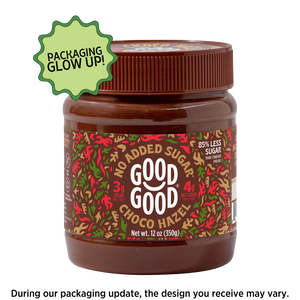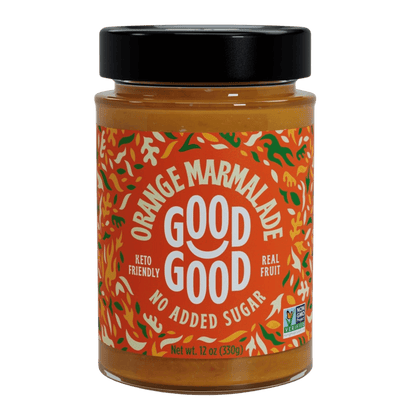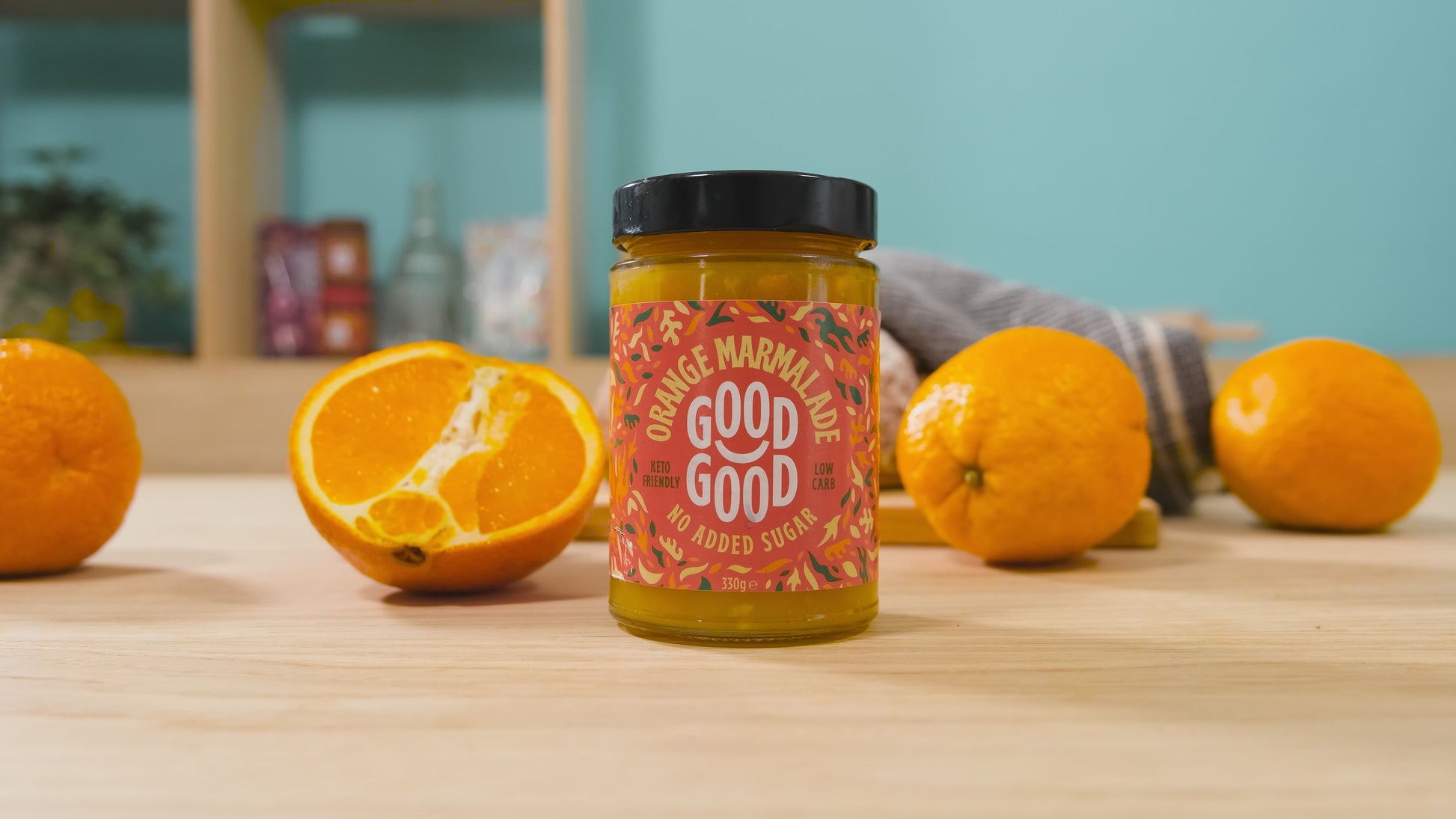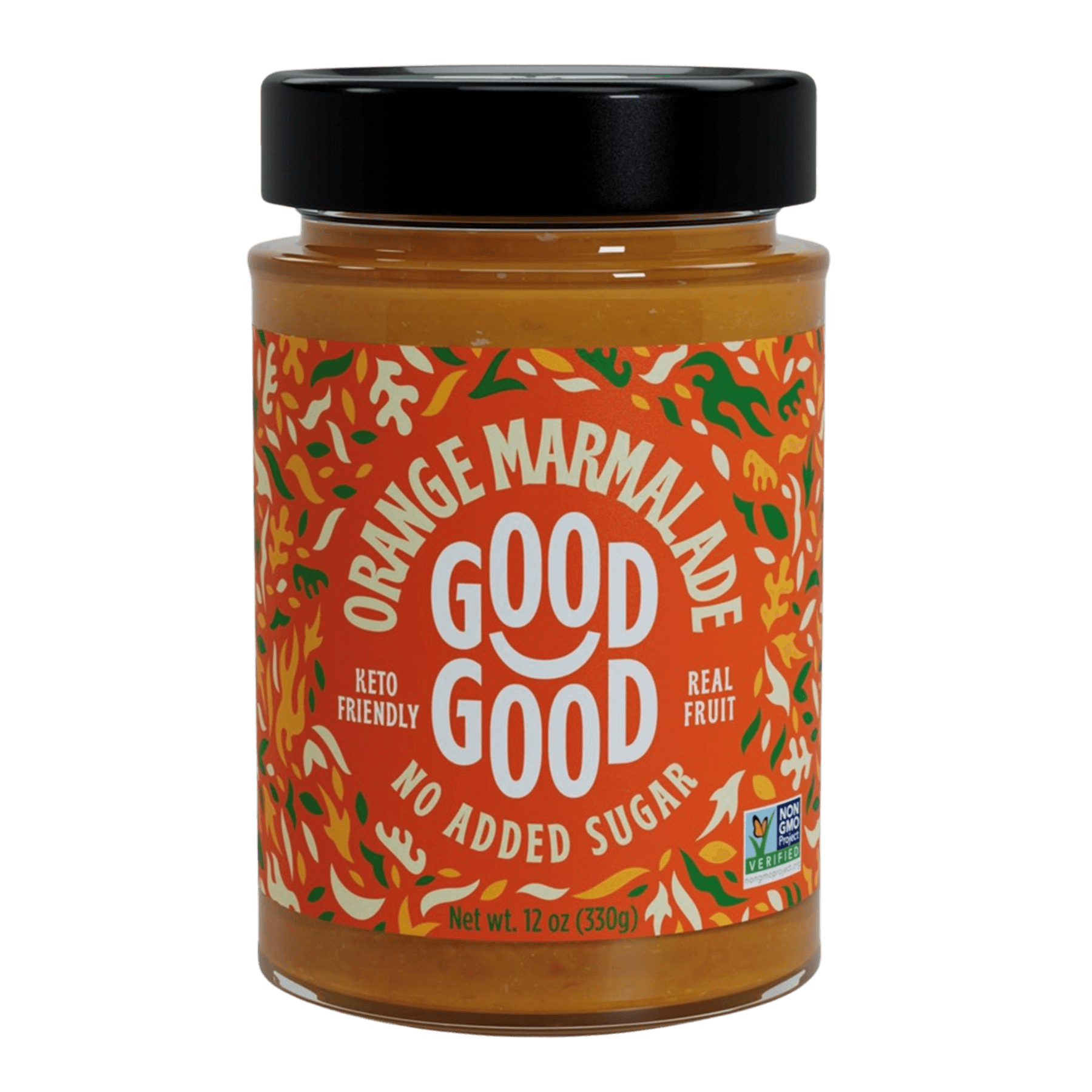Orange Marmalade
What you'll taste: Bright, citrusy oranges with flavorful bits of peel for a perfect sweet-tart balance.
Enjoy it your way: Glaze meats, stir into tea, spread it on freshly baked pastries, and so much more!
Bundle and save—Click Here! Need it today? Find us in store here!
Size: 12 oz

Frequently asked questions
Can I consume this product if I follow a keto diet?
Absolutely! This product is keto friendly as it contains minimal carbohydrates and is sweetened with natural alternatives.
Is this product suitable for diabetics?
Yes, this product is a great option for individuals diagnosed with diabetes one, diabetes two, and pre diabetes. Since it's free of added sugar and has a low glycemic index, it can be enjoyed in moderation as part of a balanced diabetic diet. However, it's always advisable to consult with a healthcare professional for personalized advice.
Is this product gluten free?
Yes, all of our products are gluten free. It does not contain any gluten-containing ingredients, making it suitable for individuals with gluten sensitivities or celiac disease.





![[title] Reforestation Donation by Dollar Donation Club sold by US GOOD GOOD®](http://goodgoodbrand.com/cdn/shop/files/DollarDonationClubShopify_1_300x.jpg?v=1712681952)











